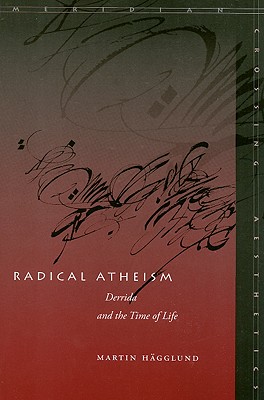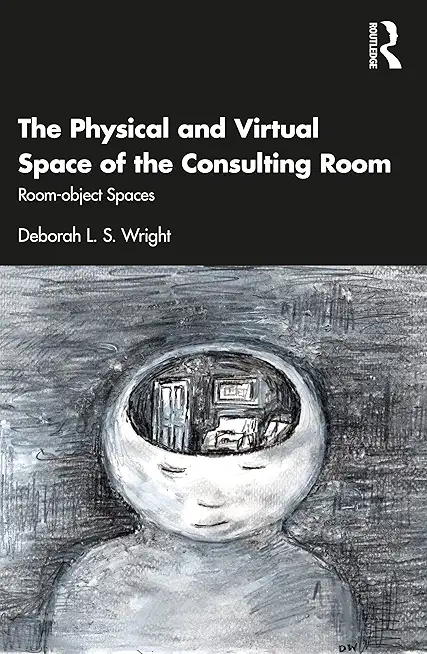![Breaking The Spell Of Disenchantment: Mystery, Meaning, And Metaphysics In The Work Of C. G. Jung [ZLS Edition]](/store/9781685030803.jpg)
Main, Roderick
One of the most powerful narratives gripping scientists, intellectuals, and the general culture in Europe during the early decades of the twentieth century was that the world had become disenchanted: stripped of genuine mystery, lacking inherent meaning, and unrelated to any spiritual or divine reality. In Breaking the Spell of Disenchantment, Roderick Main examines various ways in which C. G. Jung's analytical psychology, developed during this same period, can be seen to challenge that dominant narrative.
After explaining the complex and ambivalent nature of disenchantment and the many different responses to it, Main shows how the Jungian process of individuation intrinsically fosters a culturally much needed reenchantment of the world, though in a way that also continues to acknowledge the role of both disenchantment and naïve enchantment. He then focuses in turn on Jung's lifelong engagement with anomalous phenomena, his concept of synchronicity as a principle of acausal connection through meaning, and his implicit panentheistic metaphysics to show in greater detail how, contrary to disenchantment, analytical psychology affirms genuine mystery, inherent meaning, and relationship to spiritual or divine reality.
The vision that emerges is of a particularly rich and distinctive form of holism, valuable not only for psychotherapy but also as a critical perspective on some of our current social, political, and environmental crises, insofar as these have roots in the still prevalent story of disenchantment.
This is Volume 8 in the Zurich Lecture Series Collection.
Table of Contents
Preface
Acknowledgments
1. Disenchantment
Disenchantment in Weber's "Science as a Vocation"
Jung's Experience of Disenchantment
Responses to Disenchantment
Jung's Response to Disenchantment
Individuation
Breaking the Spell of Disenchantment: The Countermagic of Individuation
Enchantment-Disenchantment-Reenchantment
Jung, Weber, and the Unio Mystica
Conclusion
Endnotes
2. Mystery
Jung's Studies and Experiences of Anomalous Phenomena
Synchronicity as a Framework for Understanding Anomalous Phenomena
Synchronicity and Categories of Anomalous Phenomena
Synchronicity and Jung's Anomalous Experiences
Jung's Focus on the Meaning of Anomalous Phenomena
The Meaning of Jung's Anomalous Experiences
Conclusion
Endnotes
3. Meaning
The Meaning of "Meaning" in "Meaningful Coincidence"
"Shaking the Security of Our Scientific Foundations" Meaning in Science
Conclusion
Endnotes
4. Metaphysics
Jung and Metaphysics
The Theistic Roots of Disenchantment
Panentheism
Jungian Psychology as an Instance of Modern Panentheistic Thought
The Undoing of Disenchantment
Panentheistic vis-à-vis Disenchanted Science and Religion
Conclusion
Endnotes
Biographical note
References
Index







